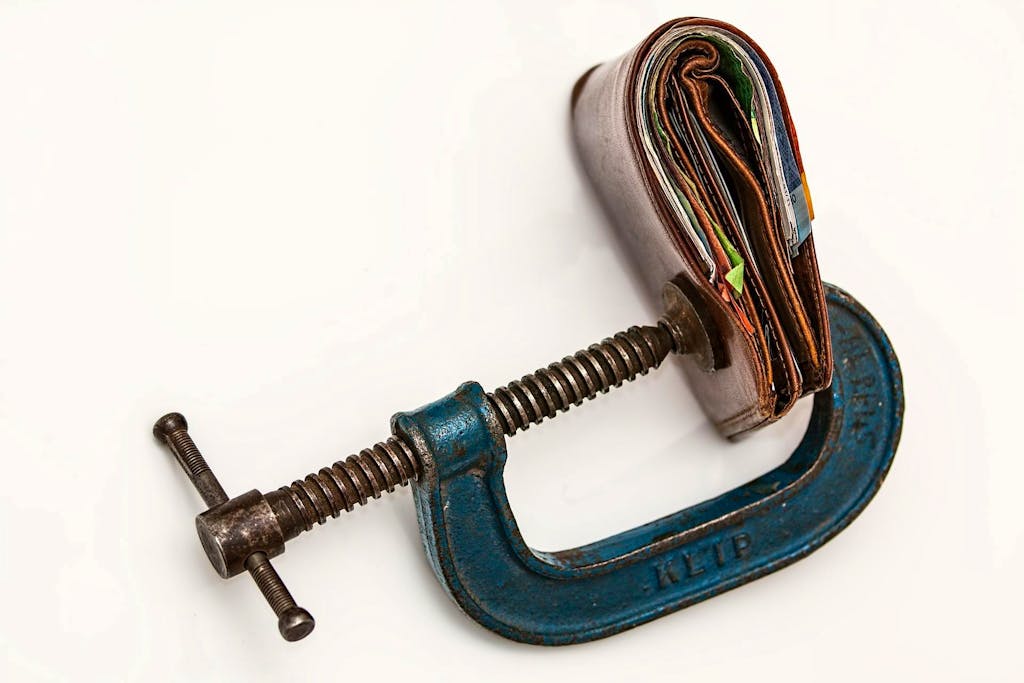There’s a problem with the light in my kitchen. It flickers and stutters sometimes, makes me think that there’s something wrong with the connection. Enter Brad, a qualified electrician who fixes my light in 30 minutes. I know Brad had quoted me $200 an hour, but I say “hold on Brad, what if I recommend you to all my friends who also have lights, and may need electricians in the future? Would that be payment enough? Think of the exposure!”
Brad laughts in my face, and he’s perfectly correct to. And yet it is an enduring myth that aspiring writers need to “pay their dues” and be prepared to write for free in order to make a name for themselves and have any hope of ever being paid for their work.
This attitude is damaging to both individual writers and the industry as a whole – here’s why.
It denies journalists their professional rights
No other professionals are expected to provide their services in exchange only for vague, unquantifiable promises of “exposure” or “reach” or “profile building”. Editors know that many inexperienced or unpublished writers are so eager to see their name in lights, as it were, that they will agree to any conditions. This breeds a generation of journalists who are afraid to ask for payment or don’t believe that they have the right to be treated fairly.
It creates a vicious cycle
The danger of agreeing to work for free at the outset is that when the writer asks for payment at a later date, the title can simply move on to the next eager up-and-comer. Some argue that this is a direct result of the lack of organisation amongst freelance journalists – that other industries have been able to secure better working conditions for themselves because they have presented their case with a strong united voice. But until there is a consensus, amongst both writers and publishers, the inexperienced will continue to be exploited because there is no legal framework in place for them to insist otherwise.
It limits who can become a journalist
Writing takes time. Quality writing takes even more time. To be able to write for free full time you will need to be one of the very small minority who are independently wealthy or have the complete financial support of their parents or partner. The logical conclusion of this is that the only voices we will see in the media are those of the rich upper class who don’t need to be paid – a limited world view if there ever was one.
It jeopardises the quality of the industry
It is an undeniable reality that media revenue has fallen and organisations must cut costs to survive. Most, it seems, have made the financial decision to drastically reduce their freelance budget and now increasingly rely on unpaid contributions. The reliance of major publications on free contributions raises serious questions about the quality of content that is produced. Writers who are completely untrained, unskilled and inexperienced can now call themselves journalists because they have been published. If experienced writers refuse to write for free then it falls to the inexperienced to pick up the slack.
Over the past seven years Lucy has worked across both newspapers and magazines, writing news, lifestyle, fashion, food and travel. Most recently she was the editor of Luxury Travel magazine.

